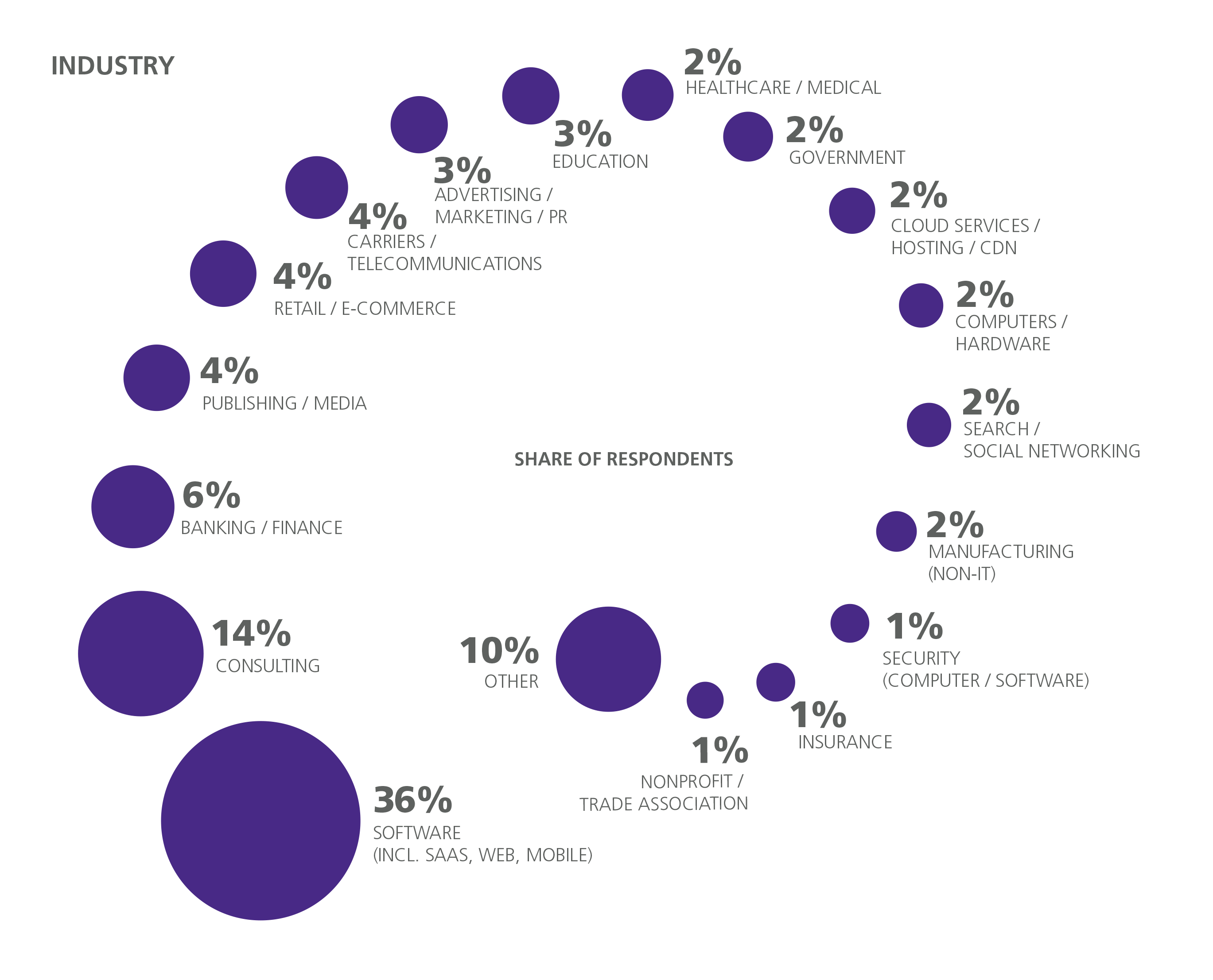
The technology used to improve financial service has become an integral part of society. The rise of fintech has made it easier for consumers to access financial services, but it also raises concerns about consumer safety. Gensler, who was the nominee for the SEC's leadership position, presented a timeline detailing the innovations in financial services. Gensler says that financial technology, or fintech, dates back to the creation money.
Fintech is a portmanteau for "financial technology"
Fintech is a term for any technology used to deliver financial services. This includes online banking, cryptocurrencies, and even the checking of a savings account. It is a vague term and difficult to understand. Word Spy claims that the term first appeared in the mass media on August 11, 1985, when it was used by Peter Knight, editor of the Sunday Times. Many believe the term was first used in the banking industry with the introduction SWIFT for international money transfers.
Fintech has disrupted traditional financial services. Fintech has changed the way that consumers purchase coffee and manage their finances. Fintech originally meant technologies that could be used to support traditional financial institutions' back end systems. Today, however, the term includes consumer-facing applications. Fintech will help people manage their finances, purchase stock, pay bills and even buy food in the future.

It is the integration technology into financial services company offerings
Financial service companies are constantly looking for new technology to improve efficiency, speed, customer experience, and overall speed. Companies have been looking for new ways to make digitalization of banking technology a part of their business process transformation. These new tools allow companies to offer new products and services based on goods flow tracking, on-demand liquidity, and innovative innovations delivered through smart contracts.
Although financial technology isn’t new, it has seen significant changes over the past decade. The advances in technology have made it possible for upstarts to use technology to reduce costs and streamline service delivery. Since the 1960s when automated teller machines (ATMs), were introduced, financial institutions have been trying to incorporate technology in their offerings for decades. Credit cards have revolutionized the way that we pay for our services even though they were invented long before ATMs.
It has made financial services available to more people
Millions of people can now access financial services online thanks to the digital transformation. A World Bank survey found that 140 countries' citizens use online payment systems to manage their finances. This presents new opportunities for financial inclusion. However, it also has its challenges.
One example of financial innovation is mobile banking. These apps allow customers to transfer money to and from their bank accounts without ever having to go to the bank. They can also deposit checks directly from their smartphone.

It has led to consumer protection concerns
Consumers have an increased need to protect themselves as digital banking grows in popularity. Digital banking demands that customers provide personal information to financial institutions so they can market to them, verify their identity and approve credit applications. While digital banking is a useful tool, there are also increased risks of data breaches and hacking. The vulnerability of these systems has been demonstrated by the recent hacks of banks, credit card companies, and other financial institutions. Therefore, customers should question the severity of these risks and ask whether fintech companies have made a commitment to protect their clients' personal information.
Consumer protection agencies have to be flexible enough that they can adapt to the changing financial technology market. As financial products become more accessible to consumers, regulation must also address cross-cutting concerns such data security and accessibility. Digitalization has also increased the number of new products and services available to consumers. This creates new threats that must be addressed. There is also a need for a review of current consumer protection rules.
FAQ
Is it necessary to pay taxes on consulting income
Yes, you will need to pay tax on your consultancy profits. It depends on how much income you make per year.
If you are self employed, you can claim expenses in addition to your salary. This includes rent and childcare.
However, you cannot deduct interest payments from loans, vehicle repairs, or the cost for equipment.
You cannot claim back less than PS10,000 in a given year.
Even if you earn more than the threshold, you could still be taxed depending upon whether you are classified as a contractor and/or employee.
Pay as you Earn (PAYE) is the most common method of taxing employees. Contractors pay VAT.
Consulting is it a job?
Consulting is not only a good entry-level job for people looking to make quick money.
There are many options for consulting. These include project management, business strategy, strategy, leadership, and training. You might find yourself working on projects ranging from small start-ups to large-scale international corporations.
Consulting gives you the chance to grow and develop your skills. This could include learning to manage teams and write proposals, manage finances, analyze data, create presentations and conduct market research.
Who hires consultants
Many organizations have consultants who help them with projects. This includes small businesses, large corporations and government agencies.
Some consultants work directly with these organizations while others freelance. In either case, the hiring process varies depending on the size and complexity of the project.
Many rounds of interviews are required when hiring consultants. Then, the final decision will be made about who you believe is best for the job.
Can anyone become a consultant
A consultant is someone who can help you reach your goal by providing advice on ways to make things better, more cost-effective, etc.
A consultant can help you solve problems, make decision, or negotiate with people.
Many consultants are hired for specific projects and tasks.
Consultants are usually paid hourly, daily or per project.
Do I require legal advice?
Yes! Yes. Consultants can often create contracts with clients, without seeking legal advice. This can cause problems later on. For example, what happens to the contract if the client terminates it before the consultant has completed? Or what happens if a consultant fails to meet the deadlines in the contract?
To avoid any potential problems, it is best to consult a lawyer.
What contracts are available for consultants?
When consultants are hired, they sign standard employment agreements. These agreements define the terms of the agreement, including how long the consultant is expected to work for the client as well as what he/she should be paid.
Contracts will also outline the areas of expertise and compensation for the consultant. An agreement could state, for example, that the consultant will offer training sessions, workshops and webinars.
Sometimes, the consultant simply agrees that a specific task will be completed within a set time frame.
In addition to standard employment agreements, many consultants also sign independent contractor agreements. These agreements allow the consultant freedom to work without being paid.
How long does a consultant take?
The length of time required varies depending on your background and industry. Most people begin their journey with less than a month before finding work.
However, consultants can spend many years learning before they are able to find work.
Statistics
- According to statistics from the ONS, the UK has around 300,000 consultants, of which around 63,000 professionals work as management consultants. (consultancy.uk)
- Over 62% of consultants were dissatisfied with their former jobs before starting their consulting business. (consultingsuccess.com)
- WHY choose me: Why your ideal client should choose you (ex: 10 years of experience and 6-week program has helped over 20 clients boost their sales by an average of 33% in 6 months). (consultingsuccess.com)
- "From there, I told them my rates were going up 25%, this is the new hourly rate, and every single one of them said 'done, fine.' (nerdwallet.com)
- According to IBISWorld, revenues in the consulting industry will exceed $261 billion in 2020. (nerdwallet.com)
External Links
How To
How do I find a good Consultant?
Finding a great consultant starts with understanding your expectations. Do you want them to help you improve your website's performance? Do you want them to optimize your site to rank higher in search engines? You might also want someone to help you determine if your hosting provider is in trouble. You need to know what kind of services you want, and then you can begin looking at other companies. Although there are many consultants who claim to offer these services, very few of them can actually provide the required results. How do you choose the right consultant? Here are some things to consider when picking a consultant:
-
Get referrals. This is probably one of the best ways to find a consultant. You shouldn't hire someone you haven’t met before as they will probably charge you too much. However, you don't want work with someone who has a bad reputation. You're fortunate enough to receive referrals from people you trust. But even if you don't, you still might be able to check reviews online. Look for testimonials and case studies where clients have used your service.
-
Ask around. Many people aren't aware that they could benefit from hiring a consultant. Many people believe that they are doing well and don't need any changes. This is often false. Even if results are good, there is a chance you haven’t been keeping up-to-date with new trends and technologies. If you continue to rely on outdated methods, your business will be unable to grow. It is always worthwhile to ask around for recommendations of good consultants.
-
Make sure to verify their qualifications. It doesn't matter if you are looking for a consultant to help you build a blog or launch a multimillion-dollar eCommerce site, you need to make sure they have the right skills to manage your project. Make sure that they're qualified to perform the tasks you need to be done and that they have sufficient expertise in the area.
-
Find out what kind of projects they specialize in. It is a common misconception that everyone can manage everything. You may need to have specific training or education in certain areas. For example, if you need someone to build a WordPress theme, you won't want to hire a developer who specializes in Drupal. It is the same for programming languages, graphic design, and so on. Ask what projects they usually work on.
-
Find out what their charges are. As we said, you don't want to pay too much for a consultant. You also don’t want to spend too little. There are many different types of consultants. Some consultants bill by the hour, while others charge per project. You can save money by knowing upfront exactly what you will be paying.
-
What do they offer? Do they offer free consultations? Do they offer advice on setting up your system? Do they promise that your site will rank higher once you have worked with them? You can cancel your consultation at any time without penalty if you are not satisfied with what you heard.
-
Also, ask if discounts are available for multiple months and years. Many consultants offer discounted pricing for extended periods of time. You may not need to commit to a full year, but you may also take advantage of whatever deals they offer.